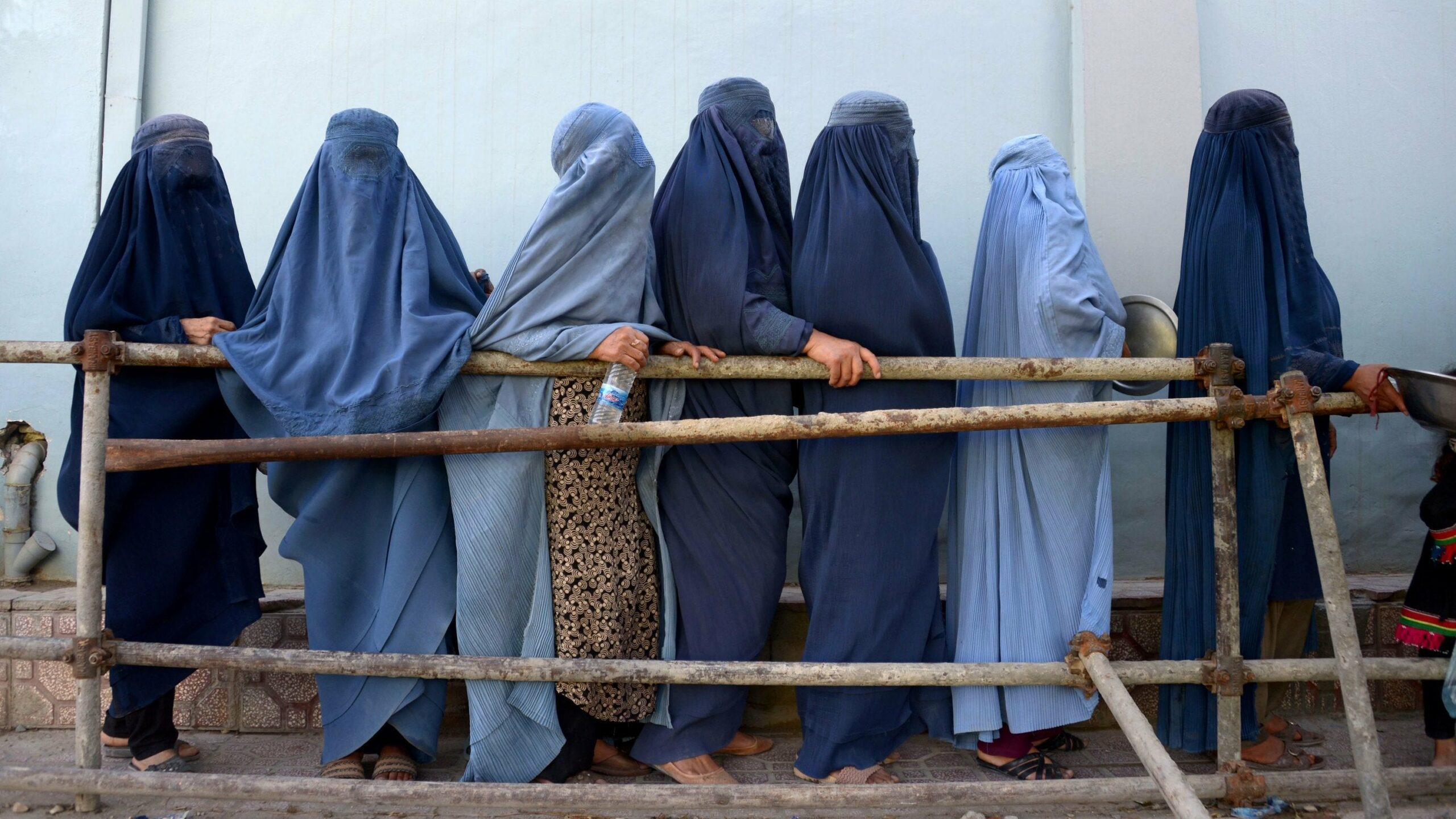The Taliban regime in Afghanistan observed its second year in power, marking the occasion with ceremonies and a public statement.
The statement emphasized the resilience of the Afghan nation and its commitment to sovereignty.
Flags representing the new official title of the country, the Islamic Emirate of Afghanistan, were prominently displayed in the capital, Kabul.
This name was adopted after the previous government, which had the backing of the U.S., dissolved in 2021, and its leadership sought refuge abroad.
On the morning of the anniversary, Kabul’s streets were relatively peaceful. Groups gathered near the former U.S. embassy, with some taking photos.
Mortaza Khairi, a 21-year-old medical student, expressed relief at the perceived end of foreign interference. He noted that due to current policies, female students are now absent from universities.

In the two years under Taliban rule, the leadership has implemented a strict interpretation of Islam, which has garnered international attention, particularly concerning women’s rights.
The UN labeled the treatment of women under these policies as “gender apartheid.”
Despite the celebrations, a planned military parade in Kandahar was canceled. However, troop marches in the city of Herat and a commemorative event in a Kabul school were scheduled.
Two years post-takeover, the international community has yet to recognize the Taliban government officially.
Discussions revolve around potential relations and the method of engagement with the new leaders.
The curtailed rights of women, including restricted public presence and limited access to education and employment, remain significant points of contention in global talks about recognizing and aiding Afghanistan.
The country is currently undergoing serious economic and humanitarian challenges.
UN experts recently questioned the Taliban’s assurances of a more moderate rule, citing evidence of systematic segregation and marginalization.
Many Afghan women voiced their anxieties over lost rights ahead of the anniversary.
Additionally, the nation’s economic hardships and humanitarian crisis, exacerbated by sanctions and dwindling aid, are paramount concerns among citizens.
While some Afghans acknowledge improved security, challenges like the Islamic State’s presence and border tensions with Pakistan persist.
As some celebrate the Taliban’s rise, others lament its implications, with many yearning for lost freedoms.

